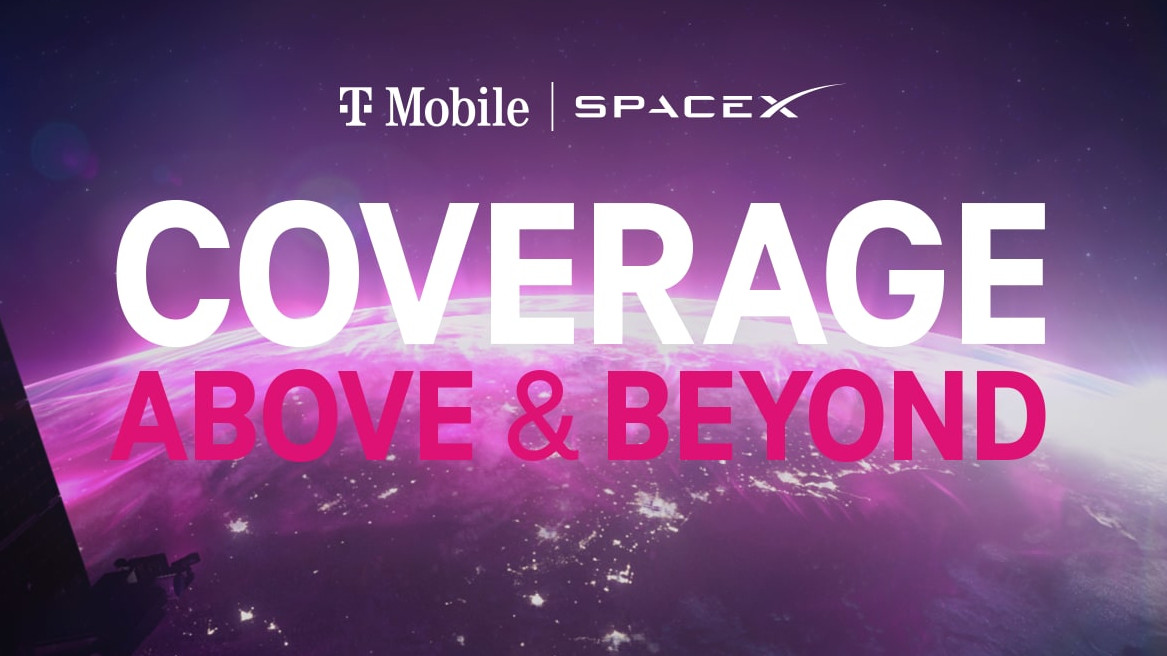Starlink's direct-to-cell plans hit with opposition by AT&T and Verizon
Telecoms giants are eating each other over the race to bring direct-to-cellular satellites to American consumers

An attempt by T-Mobile and SpaceX to launch Supplemental Coverage from Space (SCS) in the US has hit a snag after rivals AT&T and Verizon - who are also planning to offer SCS coverage - complained to the Federal Communications Commission (FCC) on the grounds that it could negatively impact traditional cell service.
Per Ars Technica, T-Mobile plans to use SpaceX satellites to extend its coverage in the US, while opposition also includes satellite parent companies Echostar (owners of cable company Dish and satellite internet service provider Hughes) and cellular/satelite ‘hybrid’ company Omnispace.
AT&T’s specific opposition leverages an FCC ruling on SCS (PDF) stating that it must not impact regular service, which is all well and good, but SpaceX and T-Mobile continue to maintain that suggestions that its SCS coverage will do so are based on ‘misleading claims.
He said, she said
In a joint filing with the FCC describing a meeting with executives, SpaceX and T-Mobile have asked for a waiver from the FCC’s out-of-band emissions PFD limit of -120 dBW/m2/MHz, which it describes as “inappropriately uniform” and “an order of magnitude more restrictive than necessary to protect terrestrial operations”.
To this end, the FCC filing also suggests that demonstrations of SpaceX and T-Mobile’s SCS service show that it will not adversely affect other operators, noting, “Indeed, each time that SpaceX has demonstrated that it would not cause harmful interference to other operators—often based on those parties' own claimed assumptions—those competitors have moved the goalposts or have claimed their analysis should not have been trusted in the first place.”
The two companies are also claiming that opposition from competitors is based on stifling competition in the first place.
“These operators' shapeshifting arguments and demands should be seen for what they are: last-minute attempts to block a more advanced supplemental coverage partnership and siphon sensitive information to aid their own competing efforts. The Commission must not allow competitive gamesmanship to stand in the way of lifesaving service for American consumers.”
Are you a pro? Subscribe to our newsletter
Sign up to the TechRadar Pro newsletter to get all the top news, opinion, features and guidance your business needs to succeed!
Despite plans for AT&T to offer SCS coverage in collaboration with AST SpaceMobile, the National Advertising Review Board (NARB) did, earlier this month, order the company to stop running ads suggesting that this functionality was already in place, given that it wasn’t, and, at time of writing, still isn’t.
More from TechRadar Pro

Luke Hughes holds the role of Staff Writer at TechRadar Pro, producing news, features and deals content across topics ranging from computing to cloud services, cybersecurity, data privacy and business software.